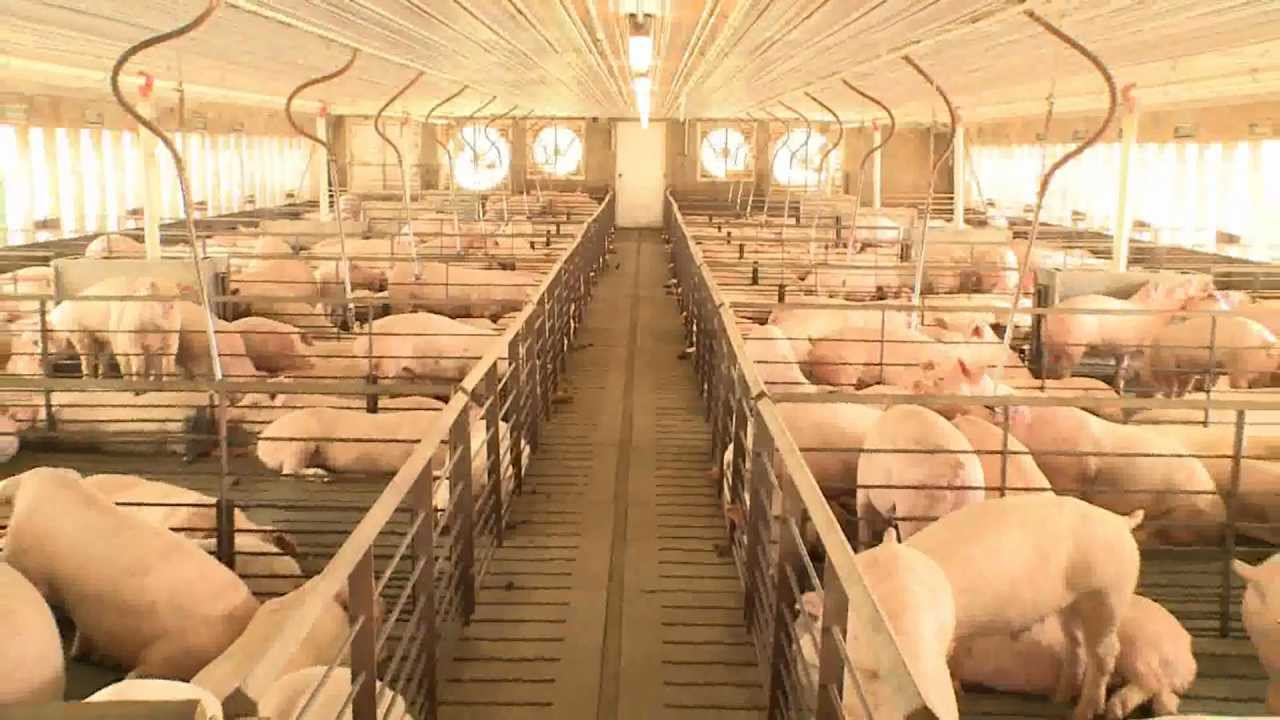Pig industry in Slovakia bounces back, uncertainty persists

The pig industry in Slovakia enjoyed a slight relief in 2023 after years of turbulence. However, there are not too many reasons for optimism, Martin Nevolný, the director of the Slovak Association of Pig Breeders, told local publication Polno Info.
Last year, the Slovak pig industry experienced a long-awaited stabilisation, as the price of slaughter pigs and the pig population in the country slightly climbed. The latter happened because some farms hit by African Swine Fever (ASF) in the previous years were put back into operation.
It will take time for the Slovakian pig industry to return to the production level preceding big ASF outbreaks. “We must not forget that the threat coming from this serious viral disease is not over,” Nevolný said. He indicated that the veterinary protection of some farms still needs to be improved.
Slovakia’s self-sufficiency in pork stands at only 25%, while the long-term goal is 80%. Beating this target is a big challenge demanding joint work of authorities and breeders. “We are very far from a sustainable recovery,” Nevolný said. He added that the European Union’s pig population is on a downward trend, which puts pressure on the meat-processing industry.
Over the past 3 years, the authorities expanded state aid for Slovak agriculture. However, it is still dwarfed by sums paid in the neighbouring countries. Nevolný empathised that the game’s rules on the market should be equal for all players. “Agriculture and especially animal production are not areas where somebody can survive without support comparable to that in other EU member states. We all eventually meet on the same market.”
Nevolný expressed hopes that in 2024, authorities will devise a plan to lower the administrative burden on pig farms and provide support for establishing new pig breeding capacities or reviving closed projects. “Without this, increasing self-sufficiency is just a phrase we do not want to hear. We are working on it, but it is not going to happen without the support of the relevant authorities. In Slovakia, the average time for approving documents for building a new farm is 6 years. Investors do not always eventually get a green light to proceed with the construction.”
Read also
Join with the EARLY RATE – 22 International Conference BLACK SEA GRAIN.EUROP...
Brazil sugar output decreased by 23% — Unica
Algeria imposes a complete ban on durum wheat imports in 2025
Weather in Brazil and Argentina remains favorable for the future harvest of soybea...
Ukrainian flour exports are 35% behind last year’s volumes
Write to us
Our manager will contact you soon



